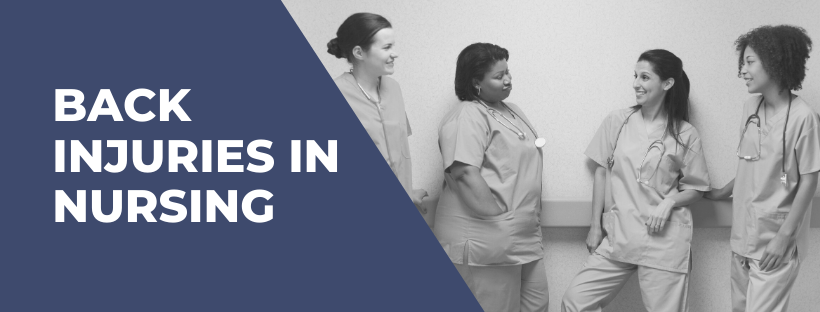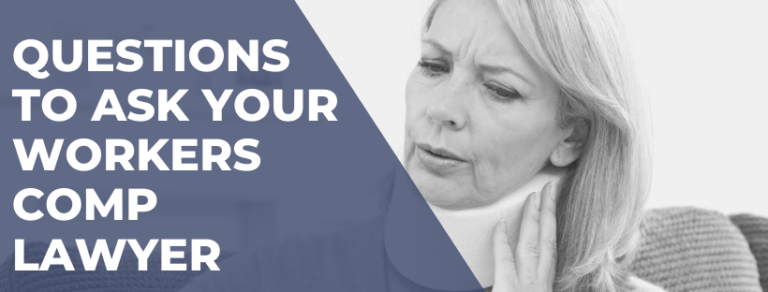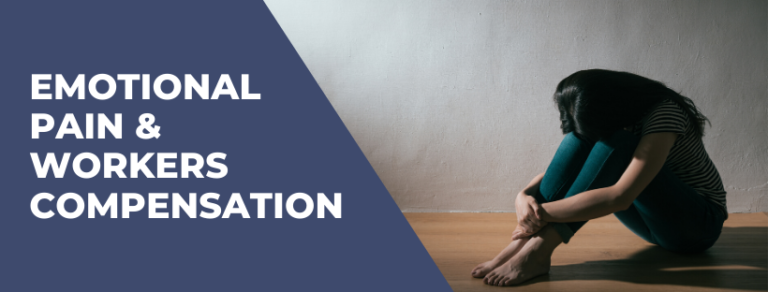When most people think of back-breaking occupations, construction, furniture moving, or manufacturing come to mind. The truth is that the nursing profession and nursing assistants in particular, have among the highest rates of back injury. Many of the workers in manufacturing are not allowed to do heavy lifting and have access to forklifts, cranes, motorized hoists, and other devices to do the lifting for them. In contrast, both male and female nursing assistants routinely lift and assist patients who can weigh as much as 300 pounds. This leads to a surprisingly large number of back injuries in nursing.
When Maintaining Proper Form Isn’t Enough
It is one thing to cleanly lift a barbell with a straight back and bent knees but quite another to lift a limp patient on to or out of their bed. The straight back and bent knees technique commonly used by these professionals simply does not work with this kind of lifting.
Besides beds, patients are also routinely lifted from chairs, baths, and toilets. The work often requires a great deal of pushing as well. The handling of patients frequently requires hard exertion using awkward postures. Back injuries in nursing can either occur progressively from the sheer repetition of these activities every day, or can happen from a single strenuous lift.
Back Injuries in Nursing – A More Dangerous Profession Than You’d Think
According to NPR, nursing assistants and orderlies are three times more likely to suffer from back injuries and other musculoskeletal problems as construction workers. The reason for this statistic is that other occupations have directly addressed this problem and consequently have the tools and machines that aid in heavy lifting. On the other hand, many facilities that hire nursing assistants do not provide their employees with the tools they need to do their work. Because of this, many nursing professionals suffer injuries that force them to quit their careers, often at a young age.
How To Help Protect Your Back As a Nurse
Use the right lifting and bending techniques
As a nurse, you’re probably fully aware of the right ways to lift and bend when assisting patients. Using the proper form when you’re lifting heavy items or bending over to help patients is one of the best ways to avoid a serious back injury.
Avoid overuse and repetitive situations
Nursing professionals usually perform that same or similar tasks day after day. The repetitive motions of these tasks can cause wear and tear on your muscles. You might notice a “twinge” in your back or have trouble getting back to a standing position after being bent over for long periods of time. If you can, ask for help from your colleagues or talk to your nursing manager to figure out ways to minimize the overuse and make adjustments.
Use cold and hot therapy after work
You probably already know about hot/cold therapy so why not use it to treat yourself? After your shift, take a warm bath. The heat will help relax your muscles, especially those around your lower back and can provide relief to any pain you experience. If your muscle spasms are more severe, alternate with hot/cold packs (the ones you can microwave for heat or put in the freezer to cool).
Get a good night’s rest
Sleep is so important when it comes to muscle repair and swollen joint relief. While your schedule is probably busy, especially with all that’s happening with the coronavirus, you need to make sure to schedule in at least 8 hours each night.
Wear the rights shoes
Some things to consider when purchasing a new pair:
- Weight: lighter shoes will make it easier to walk around
- Comfort: Seems obvious but you’d be surprised how many people, even nurses, will suffer through discomfort. Make sure the shoes fit well and are comfortable enough for your long shifts.
- Support & stability: You want shoes that you can walk around in all day but also ones that provide adequate ankle and back support. Things that affect this in shoes are the shoe’s heel height, shape, construction/design, and material.
- Slip resistance: A slip and fall is no joke. Make sure your shoes have good traction against slick hospital floors, ice-covered sidewalks (if you’re a home caregiver), and other hazards.
- Personal needs: Do you have bunions, wide feet, flat feet, hammertoe, or other foot issues? Those will affect what shoes you need. Talk to a podiatrist or doctor about getting custom inserts for your own individual needs.
What You Can Do If You’re Suffering
If you have suffered a debilitating back or other musculoskeletal injury because you were simply doing your job, our South Carolina personal injury lawyers will do what they can to help you get the compensation that you deserve. Contact us today.





